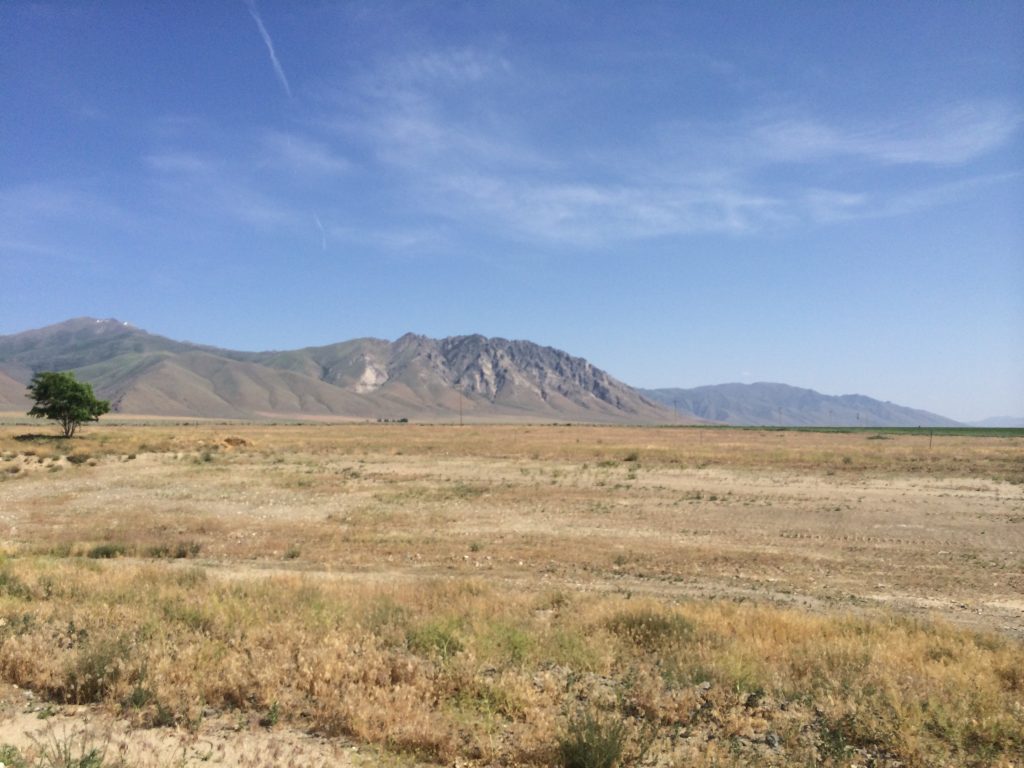Native Americans win ruling to join lawsuit against Lithium Americas project

A U.S. federal judge ruled on Wednesday that Native American tribes may join a lawsuit seeking to block Lithium Americas Corp’s proposed Thacker Pass mine in Nevada, the latest attempt to halt development of what could become one of the largest U.S. producers of the electric vehicle battery metal.
Four environmental groups sued to block the mining project earlier this year, arguing it could harm sage grouse and other wildlife. But those groups did not focus their arguments on potential harm to Native American sites.
Given that, Chief Judge Miranda Du of the U.S. District Court for Nevada said the Reno-Sparks Indian Colony and Atsa koodakuh wyh Nuwu/People of Red Mountain may join the lawsuit as plaintiffs to argue their belief the project would damage religious and historical sites. The judge said adding new plaintiffs should not affect the case’s timeline.
“This case is still in its early stages,” Du said in the nine-page ruling.
The tribes plan to effectively make the same request as the environmentalists, but focus their argument on the perceived threat to a site they say holds bones of their ancestors
Environmentalists lost the case’s first battle last week when Du denied their request to block minor archaeological digging while she considers the broader question of whether former President Donald Trump’s administration erred when it approved the entire project in January.
The tribes on Thursday plan to effectively make the same request as the environmentalists, but focus their argument on the perceived threat to a site they say holds bones of their ancestors and should not be disturbed.
Regardless, no digging can take place until the U.S. Bureau of Land Management issues an Archeological Resources Protection Act permit. The agency told Reuters it has no timeline to issue the permit, but does not expect to do so before at least the second week of August.
Lithium Americas said it was pleased the judge decided not to alter the case’s original timeline.
“We are committed to ensuring that the required historic preservation work is carried out appropriately and respectfully,” spokesperson Tim Crowley said.
(By Ernest Scheyder; Editing by Leslie Adler)
{{ commodity.name }}
{{ post.title }}
{{ post.date }}




Comments